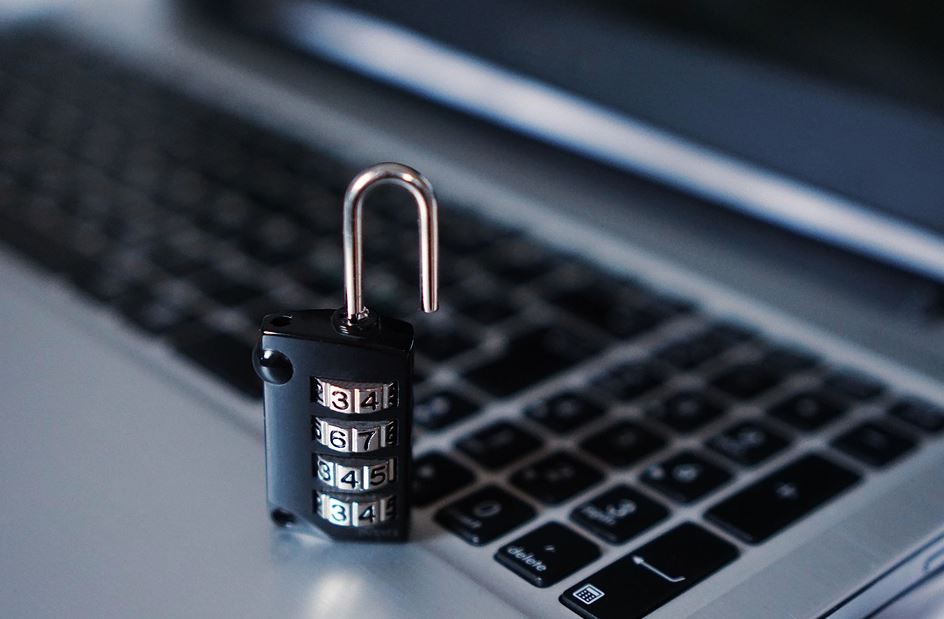Identity theft is a huge problem in today’s society. In fact, it has become one of the most common forms of crime that thousands and thousands of unsuspecting people are subjected to every day. 2.7 million cases of identity theft were reported in 2017. The problem is growing. You need to take steps to protect yourself. Below are five.

Use Banking Apps and Programs
One of the best defenses against identity thieves is having the ability to react to them fast enough. If you have the ability to constantly monitor transactions on your checking accounts, you’ll be able catch fraud fast enough to stem the bleeding. You should get a free checking account that comes with an app that allows you to check your banking information at any hour. You’ll also want an account that monitors for suspicious activity and alerts you of it immediately.
Protect Your Debit and Credit Cards
Older designs for credit and debit cards aren’t as sophisticated as newer designs in regards to stopping fraud. These newer cards come implanted with little microchips. They aren’t swiped. Instead, they are inserted directly into card readers. What this chip actually does is create new unique computer codes for specific purchases. Since the code is always changing, it’s only good for one purchase at a time. If identity thieves are able to pick up the data, it will be useless to them.
Use a Comprehensive Identity Theft Monitoring Service
While banks can help to flag suspicious activity on your accounts, they aren’t able to monitor for every possible kind of fraud and financial crime an identity thief could perpetrate with your information. For a wider array of monitoring, you may want to consider obtaining professional identity theft monitoring services from a company like LifeLock or Identity Guard. They can, for example, alert you if your social security number was used in a suspicious manner.
Only Use Secure Wi-Fi Networks
Insecure Wi-Fi networks are extremely easy for hackers to use to gain access to the information you exchange online. Avoid public Wi-Fi networks entirely. Ensure that your own personal network at home is actually secured against intrusion by outsiders.
Identity theft is a huge criminal enterprise. Millions of people are defrauded out of millions of dollars each year as a result. If you want to protect yourself and your family, you need to take preemptive measures. The four listed above should only be a starting point. Overall, you need to make sure you take steps to prevent outsiders from getting access to your sensitive private information.




























